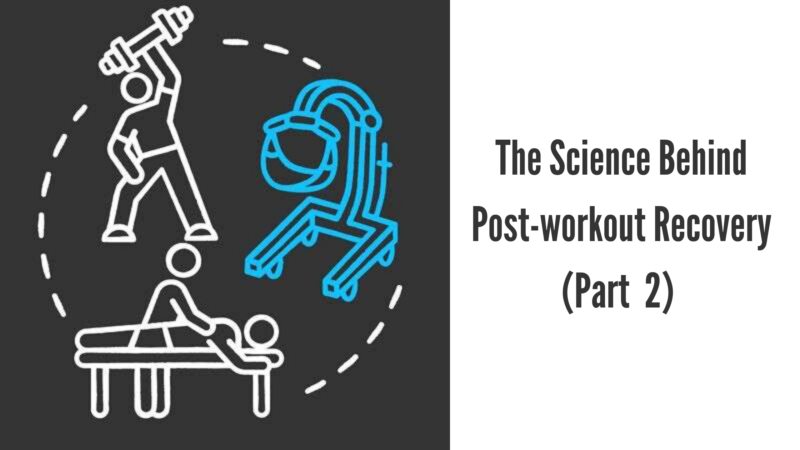In our previous blog we discussed the science behind movement. This blog will explain the science behind recovery after we have done our workout. Post workout recovery is the most important aspect of exercise performance since the results you get from training depends on how you allow your body to recover. Appropriate recovery from training allows you to train at higher volume & intensities and overcome injury & overtraining. Let us discuss how our genes are involved in recovery.
Things like lowering/regulating your heart rate, breathing frequency & body temperature are short term recovery measures. However there are many invisible & slow processes taking place within the body post exercise. These include replenishing energy stores, repairing muscle damage & removing metabolic waste. Many hormonal & immunological processes which have a key role to play in post workout recovery are impacted by our genetics. Let us discuss this in detail:
- Hormonal responses: Exercise also induces hormonal responses to assist in recovery. Hormones are small molecules that control cellular functions such as energy metabolism, growth & protein synthesis vs breakdown. The main hormones that are important for post workout recovery include testosterone, insulin & insulin like growth factor.
- Testosterone: Testosterone regulates muscle mass by stimulating protein synthesis (anabolism) & preventing breakdown (catabolism). The concentration of this androgenic-anabolic hormone fluctuates throughout the day but also during exercise. Although excessive exercise impacts it negatively. Your body fat, fitness level & genes together impact your testosterone levels. We use ACTN3 genotype to evaluate your testosterone.
- Insulin: Insulin has anti-catabolic effect by increasing the rate of some amino acids while increasing protein synthesis & reducing protein breakdown. It also replenishes energy sources by transporting glucose from the muscle & subsequent synthesis & storage of glycogen. Having good insulin functions improves recovery.
- Insulin like growth factor: This supports the function of human growth hormone to repair protein that has been damaged during workout & hence impacts muscle growth. There are two variants of IGF 1 gene which codes for the same protein but have slightly different effects on protein function.
- Immunological responses: Besides having negative responses such as infection, immunological responses also have health responses to physical stress such as exercise. Interleukins are important molecules for this response since they play an important role in regulating growth as well as facilitating communication between cells. IL-6 is an important interleukin that is produced in large amount in both muscle & fat tissues in response to activity such as exercise. It facilitates muscle repair, hypotrophy & is said to be involved in glucose & fat metabolism. Your IL-6 genotype is associated with the expression of IL-6 in your body. The frequency of G variant is higher in power athletes which explains why it protects muscle damage even with high muscle contractions.
One of great ways for optimal post workout recovery is to do workout at the right time consistently & to ensure you have the right macronutrient profile that optimises your fuel. However if you feel you have not recovered properly, consider skipping training, resting or doing workout at low intensity.
Want to learn how your testosterone level, insulin function & IGF-1 impacts your post workout recovery. Unlock your DNA with Passion for fitness’s unique genomics powered fitness program.


Leave a Reply